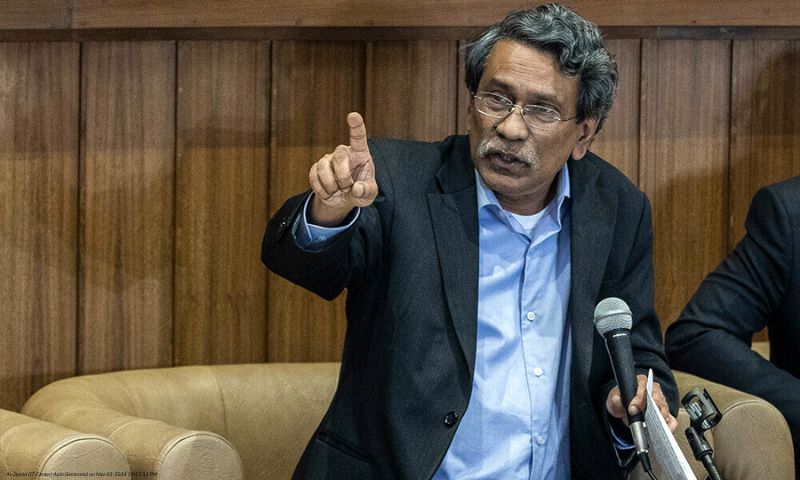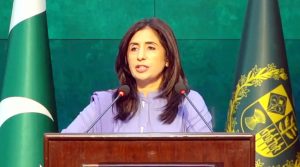DHAKA: Bangladesh’s constitutional reform commission, established following the recent student-led uprising that ousted long-standing Prime Minister Sheikh Hasina, has pledged to eliminate elements of “fascism” from the nation’s constitution.
The sweeping reform is part of a broader initiative led by Nobel laureate Muhammad Yunus, who assumed the role of “chief advisor” after the August revolution.
The commission, chaired by Dr. Ali Riaz, a political science professor at Illinois State University, has been tasked with overhauling the current constitution to promote a more democratic balance of power.
“Under the current constitution, the prime minister holds immense power, and this centralization of authority paves the way for fascism,” Riaz said in his first public address since the commission’s formation in October. He explained that the commission’s objective is to draft a new framework that “reflects the aspirations” of Bangladesh’s citizens and prevents the consolidation of unchecked authority.
The commission includes senior legal professionals, Dhaka University law professors, rights activists, and student leaders who played a key role in the movement against Hasina’s government. The final draft of the commission’s recommendations is expected by December 31, to be presented to the interim government for review and approval.
READ ALSO: US Warns Iran Against Attacks on Israel as American B-52 Bombers Deployed in Middle East
Under Hasina’s 15-year administration, critics accused her government of widespread human rights abuses, including the detention and extrajudicial killing of political opponents, and of manipulating the judiciary and civil services to consolidate power. Her administration also faced allegations of staging lopsided elections that weakened democratic safeguards.
Yunus has vowed to overhaul the public administration and legal structures to ensure democratic accountability and guard against any future return to autocratic rule. He described the state he inherited as a “completely broken down” system in need of comprehensive reform.
According to Dr. Riaz, the reform process will involve consultations with constitutional experts, civil society, and political representatives. Additionally, the interim government plans to engage all political parties, incorporating their input into the proposed recommendations.
“We are committed to a transparent process where each group has the opportunity to contribute to a balanced and democratic constitution,” Riaz stated, adding that the final draft will reflect the feedback from all stakeholders through several rounds of discussion.

























